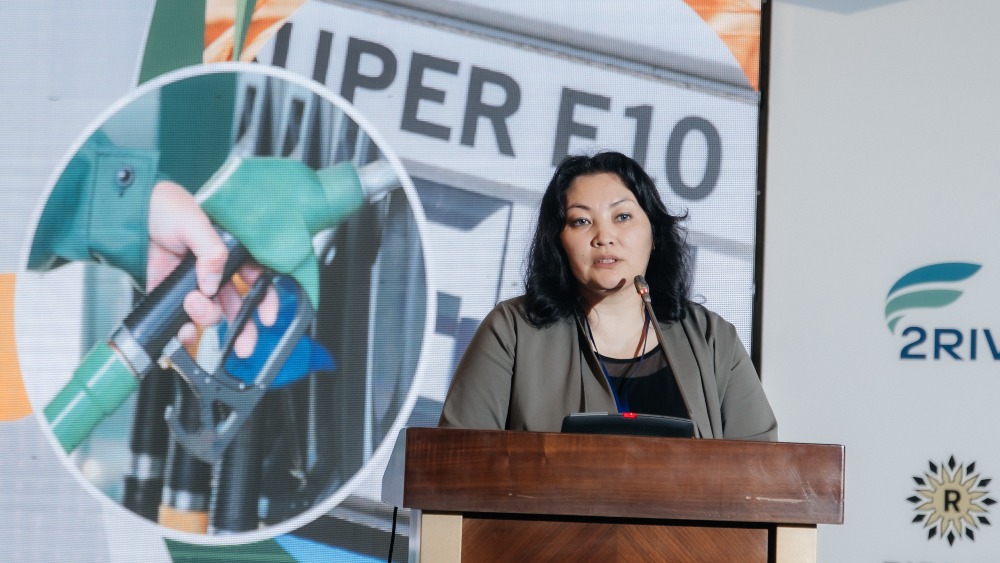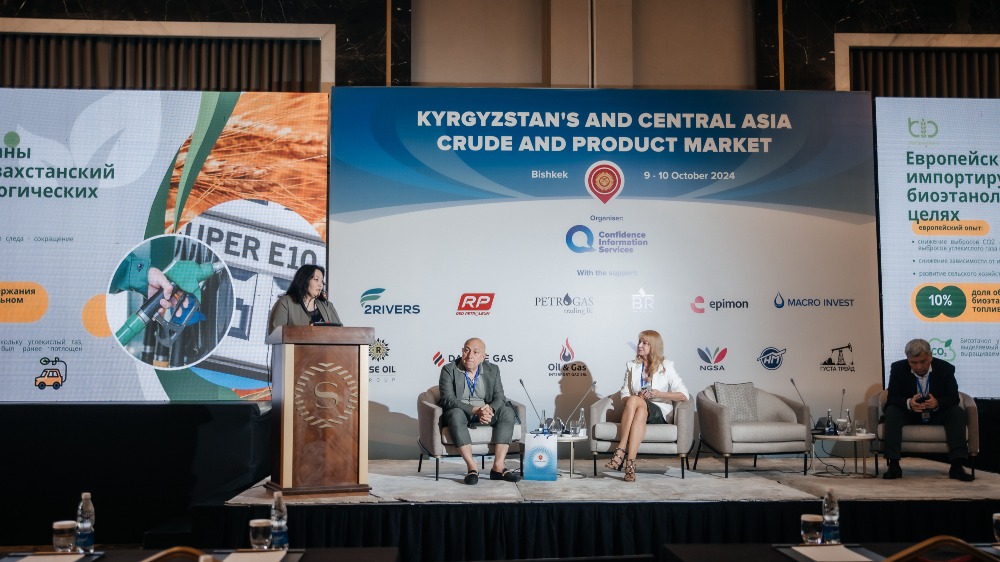According to the speaker, the use of bioethanol in gasoline contributes to a more complete combustion of fuel, which reduces emissions of carbon monoxide and particulate matter. That is, replacing the volumes of standard gasoline with ecological fuel up to 1 million tons per year will lead to a reduction in CO2 emissions into the atmosphere by 1.5 million tons per year.
"We are primarily concerned about the environmental situation in megacities and see the solution to the problem in the introduction of ecological fuels. Bioethanol is produced from waste in the only enterprise in Kazakhstan for deep processing of wheat grain - at the BioOperations plant. This will be the raw material for a new type of gasoline, which has actually been used in Europe for more than 20 years. For such purposes, European countries import Kazakhstani bioethanol. Biofuels produced in Kazakhstan must be used to improve the ecology of Kazakhstan as well," Laura Bergibayeva said.
Thus, BioOperations LLP plans to introduce a "new" fuel in the market of the Republic of Kazakhstan - benzanol in the near future. Due to cleaner combustion, the emission of volatile organic compounds, which contribute to the formation of smog, will decrease. Thus, the environmental situation in megacities can be significantly solved, the company says.
"According to official World Bank data, 225 billion tenge is spent annually only on sick leave and treatment, early mortality associated with diseases of the respiratory system. Only in the city of Almaty, emissions from cars amount to 2 million tons per year. The use of bioethanol in fuel will reduce this figure to 1.5 million tons annually. In addition to the environmental aspect, the country will receive an additional effect from the implementation of the project with benzanol in the form of construction of new biofuel production facilities, creation of new jobs, Laura Bergibayeva said.
Despite its relative efficiency and economy, motor transport is the second largest consumer of energy resources and, along with the industrial sector, is one of the main environmental pollutants. In these circumstances, undoubtedly, the way out of the situation is the transition to the technologies of the Fourth Industrial Revolution, the principles and values of the green economy. Today, the "green" agenda is already one of the key drivers of the economic policy of the Central Asian countries. By the way, the Head of the Republic of Kazakhstan has approved a Strategy for achieving carbon neutrality until 2060. Kassym-Jomart Tokayev noted that all planned work in this area is of high importance and will contribute to achieving the goal of decarbonization.

